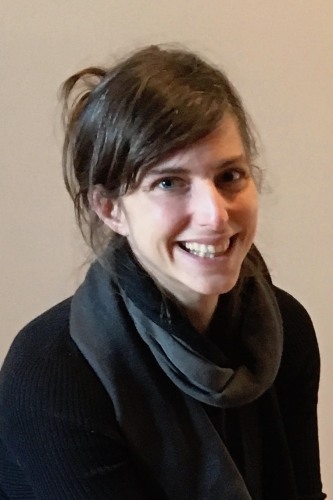
Lindsay Caplan
Biography
Lindsay Caplan specializes in twentieth and twenty-first century art, with a focus on the intersections of art, technology, and politics. Her first book, Arte Programmata: Freedom, Control, and the Computer in 1960s Italy (University of Minnesota, 2022), received a Millard Meiss Publication Grant from the College Art Association. It examines how early computer artists in Italy deployed new technologies to probe the relationship between subjects and their environment and to explore the nature of human agency, turning artistic questions regarding medium, authorial creativity, and spectatorship to the service of reimagining society in its digital dimensions.
Other publications have appeared in exhibition catalogues, edited collections, and journals including Grey Room, ARTMargins, Piano B, The Scholar & Feminist Online, Outland, Art in America, and e-flux journal. Topics include art and labor, the digital humanities, digital art history, and the social concerns that motivated generative artists working in the 1960s and today. She is currently working on two books: a co-edited volume (with Kerry Greaves, University of Copenhagen), Contemporary Art in a Time of Democratic Crisis, which interrogates the idea of modeling democracy in contemporary European art since the 1990s and is under contract with University of Manchester Press. This volume has been awarded two publishing grants from European institutions: the Beckett Foundation and New Carlsberg. Her second book project is a comparative study of artists who use analogies between humans and machines to reimagine creativity and collective life. Looking at Europe and the Americas from the fifties to eighties, it charts a history in which radically destabilized notions of the human were forged at the intersections of art and technology.
Her teaches spans the history of modern and contemporary art and include courses such as Art and Technology from Futurism to Hacktivism, Abstraction in Theory and Practice, and Dada and Surrealism: Anarchy, Exile, Alterity. In Fall 2023, she will teach a Collaborate Humanities Seminar (supported by the Cogut Institute for the Humanities) titled Form and Formalism with Govind Menon, Professor of Applied Mathematics. She is affiliated with the Italian Studies Department.